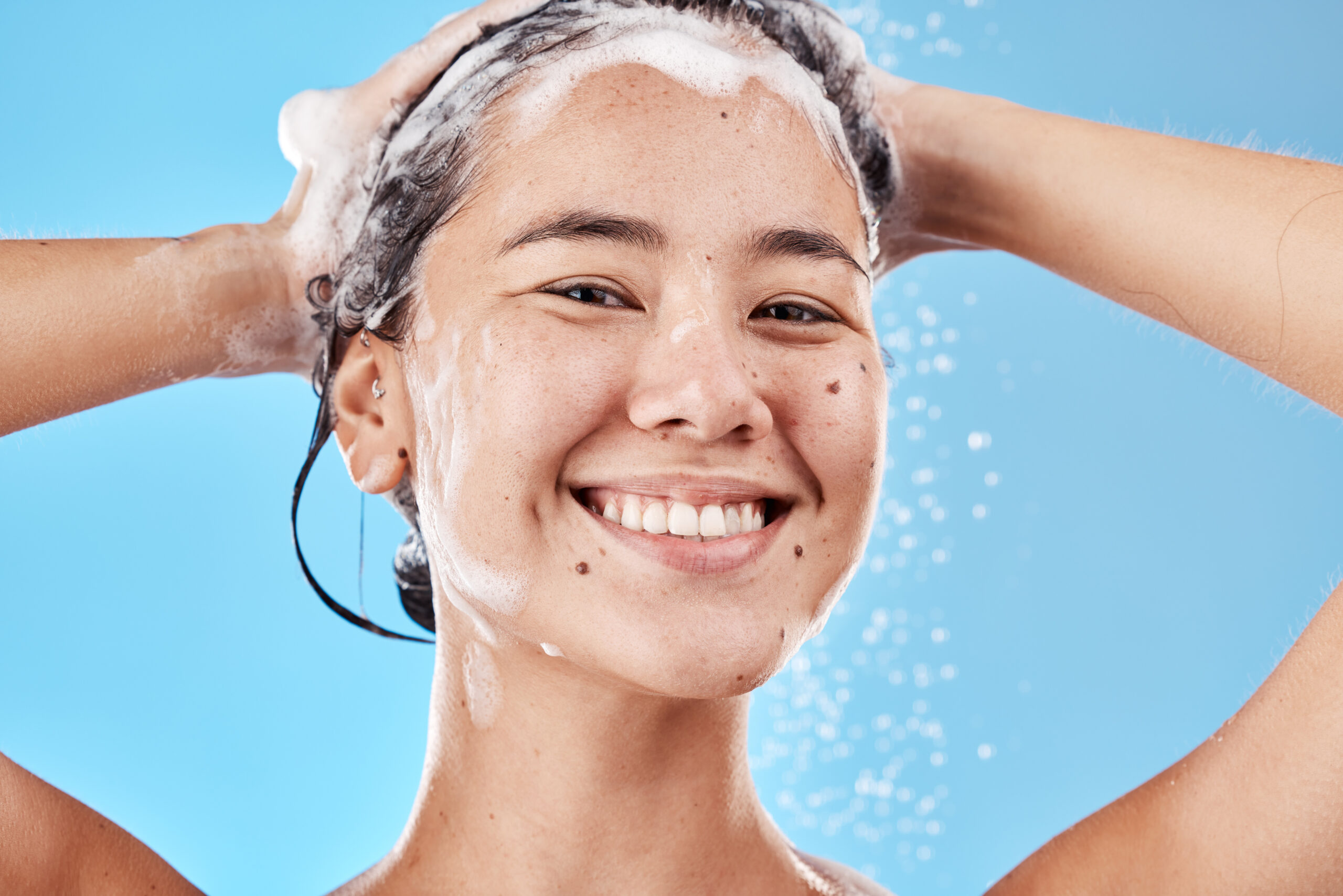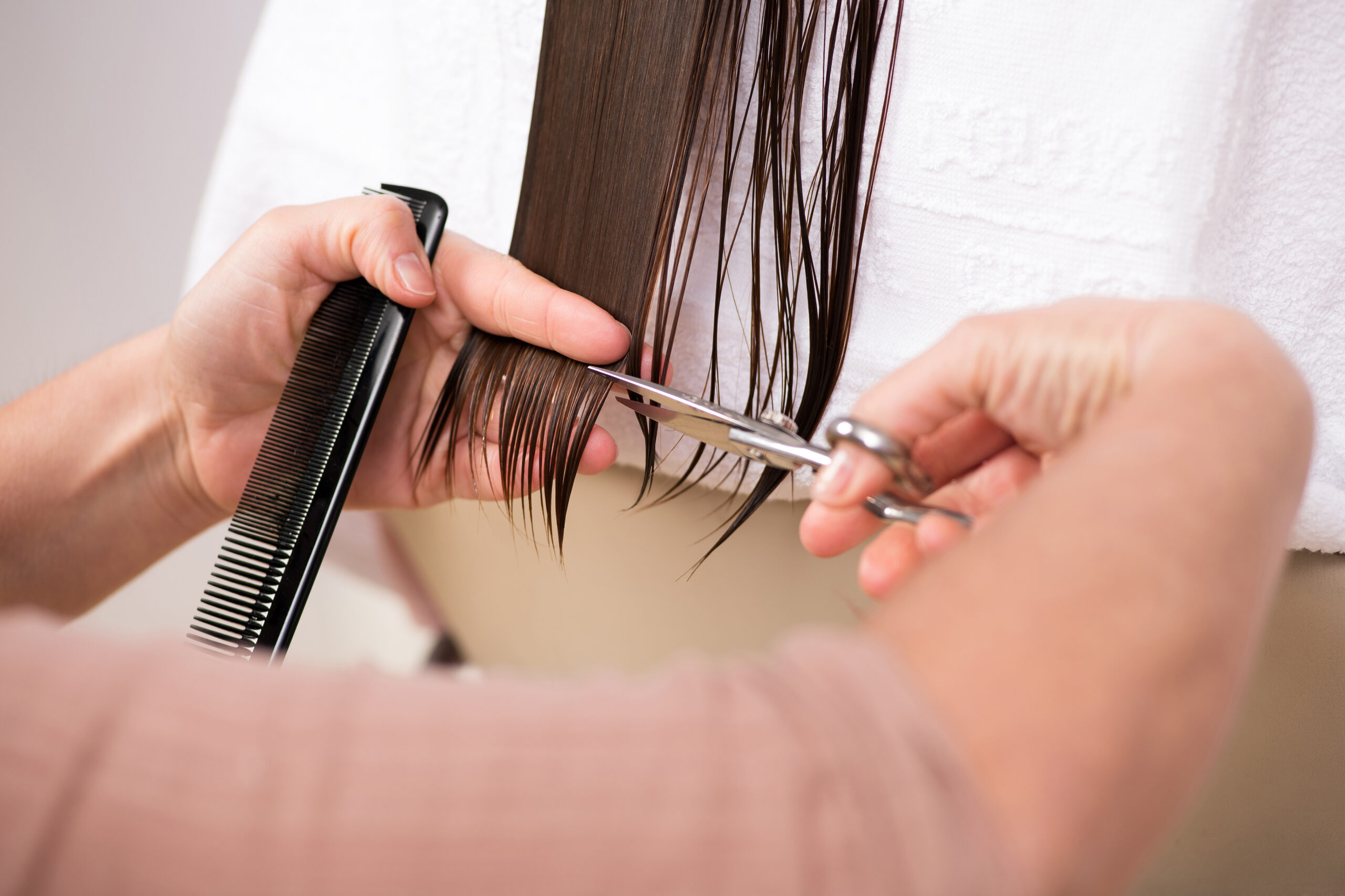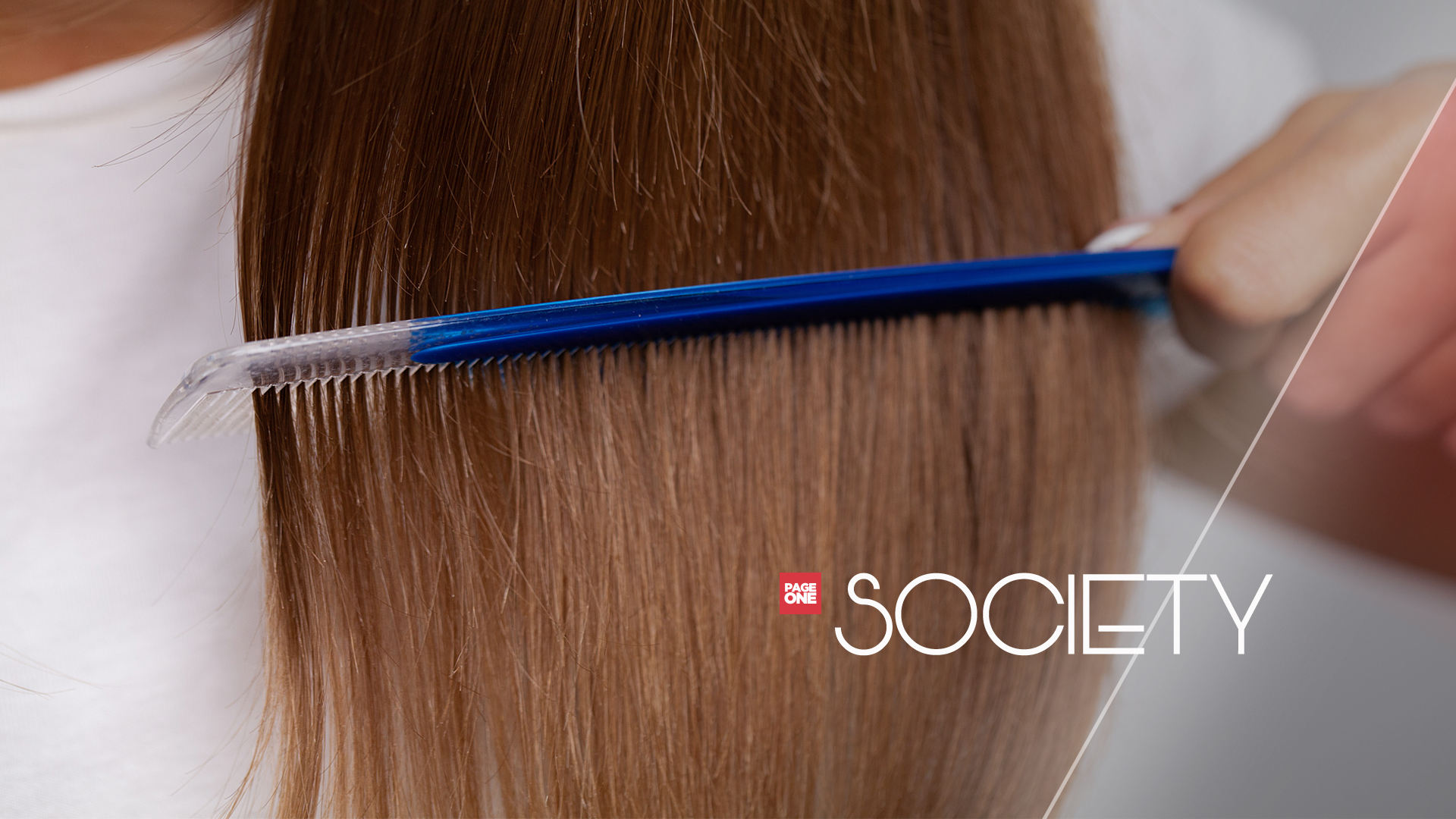Keeping your hair stylish and healthy can be a challenge, which pushes a lot of people to skip it, but remember that your hair also deserves the same type of care your skin receives.
If you often experience bad hair days, check out these daily hair care routines that will certainly do wonders for your hair.
1. Know your hair type

Every person has different types of hair, which means they also differ in terms of how they must be treated and taken care of.
You have to learn what type of hair you have, whether it is oily, dry, normal, wavy, straight, curly, thick, or fine, so you can identify the best hair care regimen to use. You can try going a few days without using any products and carefully observing your hair’s tendencies.
Once you’ve already figured out your hair type, always base your hair care on that. Each of our hair types may react differently to certain products and treatments, which is why this discovery step is very important.
2. Cleanse your hair only when necessary

Just like how you cleanse your skin and face every morning, your hair similarly requires the same treatment.
The most essential part of this step is to guarantee that you have the right shampoo for your hair.
Cleaning helps you eliminate grease, dirt, product residue, and dead skin cells that might have built up.
Remember that hair cleansing is not necessarily a daily routine in order to avoid hair drying and scalp disturbance. But in the process, you have to choose a gentle, sulfate-free moisturizing shampoo, only use your fingertips on your scalp rather than your fingernails, do not wash your hair too often, and rinse with lukewarm or cold water.
3. Use conditioners

Conditioning your hair provides vital benefits such as moisturizing, detangling, shininess, sealing cuticles, and frizz reduction.
This replenishes the moisture your shampoo may have removed from your hair, just as it removes any tangles or knots caused by massaging your shampoo onto your hair and scalp. Then again, do not apply too much because excessive use causes your scalp to oil faster.
Just use enough to coat the length of your hair strands until their tips and leave it for 1 to 2 minutes before rinsing thoroughly with cool water.
4. Avoid washing hair with hot water as much as possible

As much as hot water soothes our entire body as we take a bath, it can actually strip your hair of the protective oils that serve as its natural conditioner.
Overusing hot water causes stress to your tresses, which can make your hair frizzy, brittle, and dry. It can also lead to hair loss as excessive heat makes your hair weak, thus increasing the tendency to fall out.
But don’t worry if you’re not really fond of cold water because you can still opt for lukewarm water when washing your hair, as this does not cause any harm to your hair. Rather, it helps you prevent losing the natural shine of your hair and avoid dull hair.
5. Trim your hair regularly

Our hair is actually prone to split ends, so you should have your hair trimmed every 3 months, depending on your hair type and tendencies.
If you go a long time without trimming your hair, it will look damaged and unhealthy.
Trimming removes heat and chemically damaged hairs, promotes healthy hair growth, and stops the spread of split ends through the strands.
Freshly cut ends also help in detangling your hair and lessening hair breakage, making your hair more manageable than it has been.
Finding the right hair care routine can be a little daunting, so make sure that you carefully understand your own hair type, hair concerns, and its condition to achieve healthy locks throughout your hair care journey.
Source:
https://health.clevelandclinic.org/, https://www.healthline.com/, https://www.thehealthyjournal.com/, https://www.healthkart.com/, https://www.aad.org/








